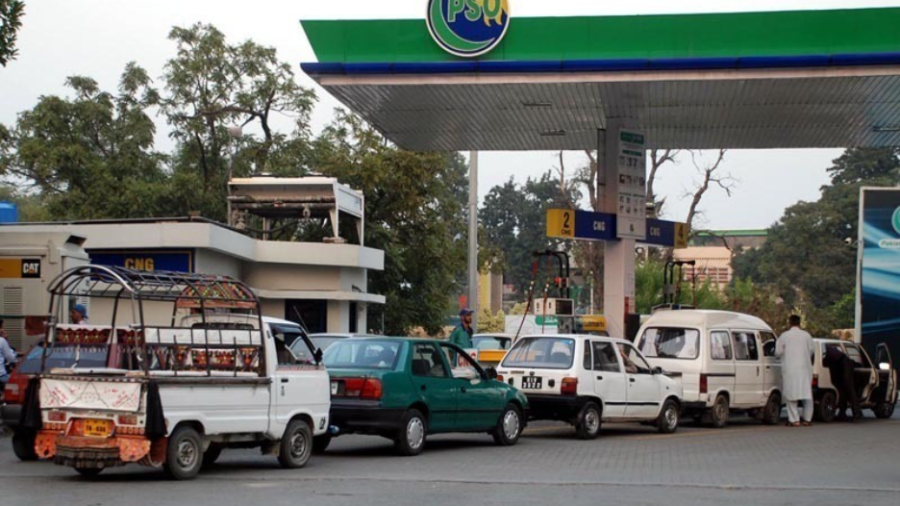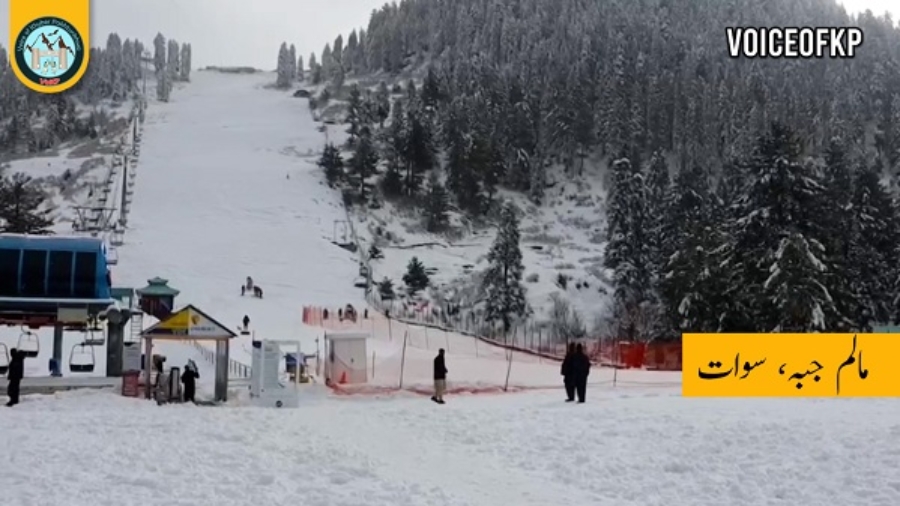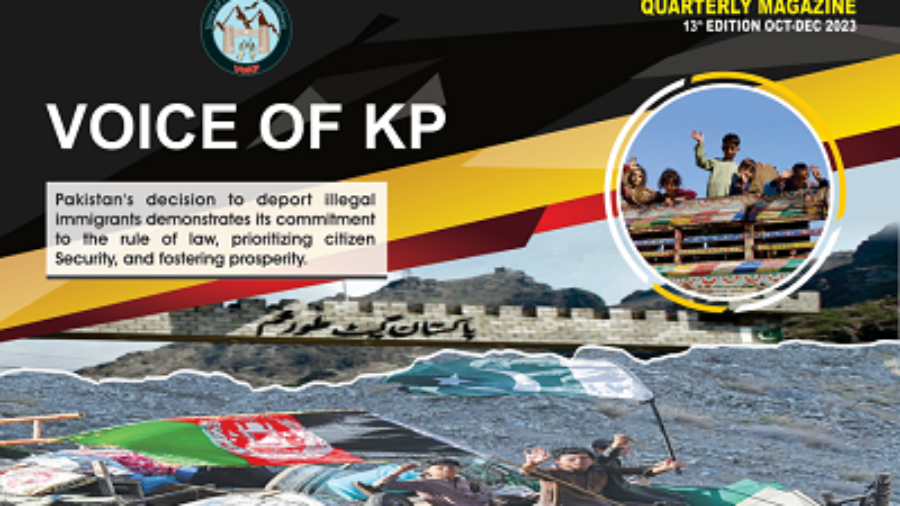ال پاکستان سی این جی ایسوسی ایشن کے صوبائی چئرمین فضل مقیم خان نے اعلان کیا ہے کہ کل بروز ہفتہ 3 فروری سے خیبر پختونخوا کے تمام سی این جی سٹیشنز باقاعدہ طور پر کھل دیئے جائیں گے۔
پشاور میں تمام سی این جی اسٹیشنز کل بروز ہفتہ 3 فروری سے باقاعدہ طور پر کھل دیئے جائیں گے، ال پاکستان سی این جی ایسوسی ایشن کے صوبائی چئرمین فضل مقیم خان pic.twitter.com/gQmd4I7CM9
— Voice of KP (@Voice_of_KP) February 2, 2024




